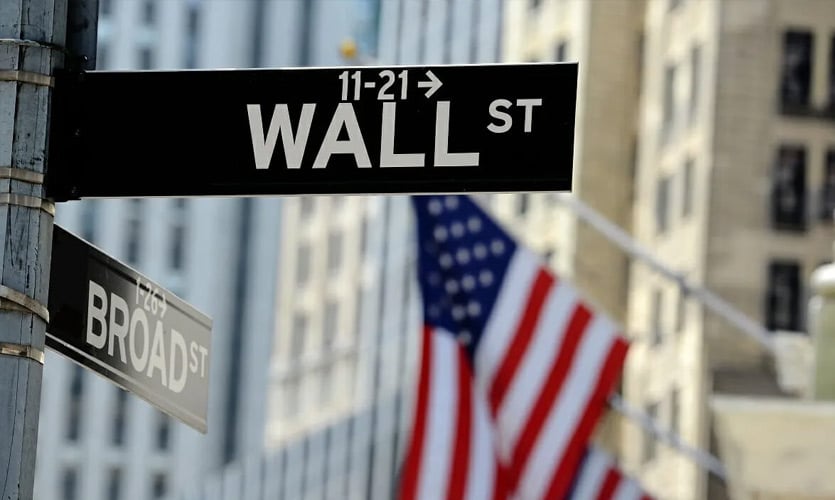Wall Street climbed this week with both the blue-chip Dow and the benchmark S&P 500 ending at new highs, as economically sensitive value stocks gained following the approval of a $1 trillion bipartisan infrastructure plan passed by the United States Senate on Tuesday.
The bill, which is now in the House of Representatives, may deliver the country’s largest investment on roads, bridges, airports, and waterways in decades. Senators have already begun voting on a $3.5 trillion budget bill that the Democrats intend to approve without Republican support.
“The market is looking at it as part one is a done deal, the market is OK with that. I do not believe the market is going to be okay with $3.5 trillion but there is still the possibility they can block it, or slow it, and have more conversation so the market isn’t focusing on that one yet,” said Ken Polcari, managing partner at Kace Capital Advisors in Boca Raton, Florida.
The iShares US Infrastructure ETF increased 1.45 percent, while the Global X US Infrastructure Development ETF increased 2.19 percent.
Energy stocks boosted as oil prices, which had lately fallen, increased by roughly 3 percent.
The Dow Jones Industrial Average increased by 162.82 points, or 0.46 percent, to 35,264.67, the S&P 500 increased by 4.4 points, or 0.10 percent, to 4,436.75, and the Nasdaq Composite decreased by 72.09 points, or 0.49 percent, to 14,788.09.
With new coronavirus infections on the rise in the United States, success on the infrastructure package could help materialise the world’s largest economic recover. COVID-19 infections and hospitalisations have reached a six-month high due to the fast spread of the Delta variant, with cases reaching 100,000 for three days in a row – up 35 percent in the last week.
Read more: World Watchdogs Propose Remedies For Cash-strapped Money Market Funds
Investors will also be looking at inflation data this week for additional insight into the Federal Reserve’s monetary policy plans, following remarks from two Fed members that inflation was already at a level that might fulfil one of the requirements for the start of rate rises.
Even after surpassing second-quarter revenue forecasts, AMC Entertainment gave up early gains and closed the session 6.07 percent down as moviegoers returned to its cinemas following a year of closures and limitations.
Kansas City Southern rose 7.47 percent after Canadian Pacific Railway Ltd. increased its bid for the US railroad operator by around $2 billion, to $27.29 billion.
On the NYSE, advancers outweighed decliners by a 1.19 to 1 ratio; on the Nasdaq, decliners outnumbered advancers by a 1.16 to 1 ratio.
The S&P 500 set 50 new 52-week highs and 2 new lows, while the Nasdaq Composite set 82 new highs and 95 new lows.
Volume on the US exchanges was 8.99 billion shares, compared to the average 9.61 billion for the whole session during the last 20 trading days.









